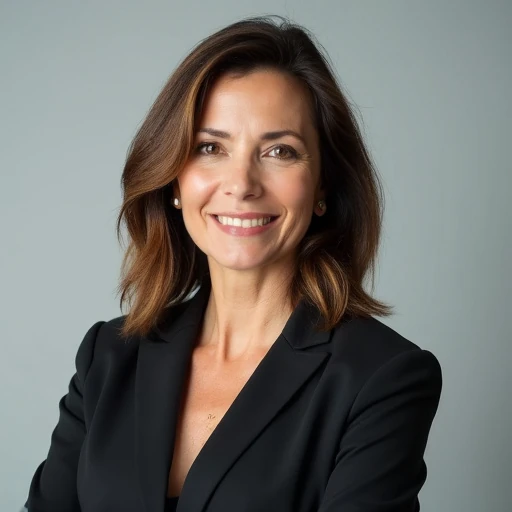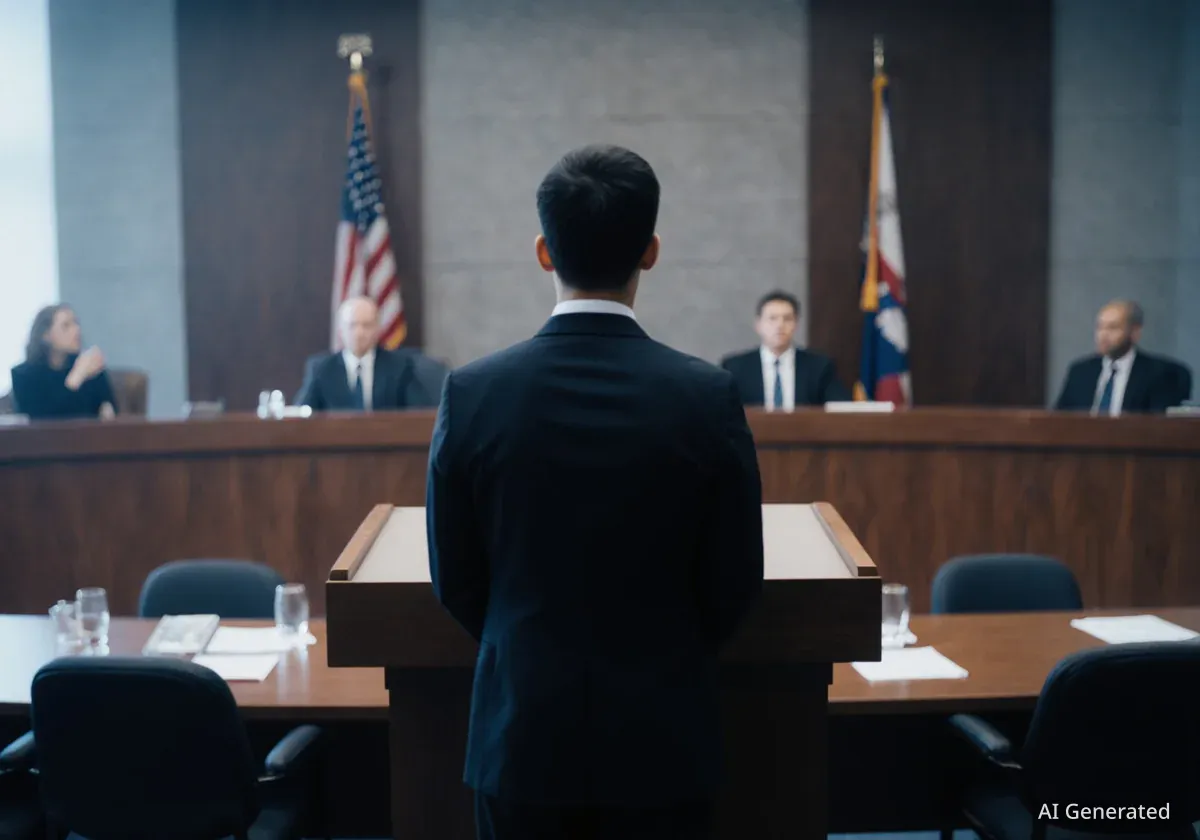The Clark County School District (CCSD) is at the center of a heated debate concerning employee free speech after several teachers were removed from their classrooms over controversial social media posts. The district's action has prompted a divided public response, with community members demanding both the termination and the reinstatement of the teachers involved.
Key Takeaways
- Several CCSD teachers were removed from classrooms after posting negative online comments related to political figure Charlie Kirk.
- The district cited the need to prevent "material or substantial disruption" as the reason for its action.
- A recent school board meeting highlighted a sharp division among parents and residents over the issue.
- Speakers at the meeting called for the district to establish clear and consistent social media policies for its employees.
Teachers Reassigned After Controversial Posts
The controversy began after several teachers in the Clark County School District made comments on their personal social media accounts regarding conservative political commentator Charlie Kirk. While the specific content of the posts was not detailed by the district, they were deemed inflammatory enough to warrant administrative action.
In response to the growing attention, CCSD officials confirmed that the teachers involved were no longer assigned to classrooms. The district has not specified how many teachers were reassigned or the exact nature of their new duties pending a full review.
District's Official Stance
Superintendent Jhone Ebert released a statement addressing the situation. According to the statement, the district "condemns political violence" and will not tolerate any speech or conduct that "causes a material or substantial disruption to operations." This standard is often used in legal cases involving public employee speech and its impact on their professional duties.
Community Divided at School Board Meeting
The issue came to a head at a recent CCSD board meeting, where dozens of community members signed up to speak. The public comments revealed a deep split in opinion, with passionate arguments presented on both sides.
Some attendees praised the district's quick response. One speaker directly addressed the superintendent's decision during the public comment period.
"I want to thank Superintendent Ebert for your decisive action in removing from the classroom the teachers who used social media to glorify the assassination of Charlie Kirk," one woman stated.
Another parent argued that the removal was just the first step and that more significant consequences were needed to protect students from what she described as harmful rhetoric. "You rightly recognized this as causing substantial disruption to our district, and parents appreciate that you acted swiftly to protect students, but removal is only the first step," she added.
Arguments for Reinstatement and Free Speech
Conversely, a significant number of speakers defended the teachers, framing the issue as a matter of First Amendment rights. They argued that actions taken for comments made on personal time and on personal accounts were an overreach of the district's authority.
"The teachers should be reinstated; parents, students, and members of our community are watching," one woman urged the board. "What do you want to model for our children, who are the future leaders of our country?"
Another speaker emphasized that public employees should not face professional retaliation for legal speech made outside of their work hours.
"Teachers should not be retaliated against for legal public comment made outside of contracted teaching time, just as Charlie Kirk should not have been assassinated for his racial, political, or religious views," a man said.
Calls for Clear and Consistent Social Media Policy
A central theme that emerged from speakers on both sides was the absence of clear guidelines for CCSD staff regarding social media use. Several individuals, including some who identified as teachers, pointed out that the district has not provided specific rules about what is permissible to post online.
One woman explained her search for existing policies and found none that offered clear direction.
"None of us has been given specific guidance on what we are or what we are allowed to post on social media. I scoured CCSD policies, I checked our contract, and I found nothing that outlines these boundaries for us," she said. "So if we are not supposed to cross certain lines, wouldn't it make sense that we are aware of what they are?"
This sentiment was echoed by others who called for fairness and transparency. An audience member suggested a path forward for the district.
"To be fair on all sides, publish clear standards for what counts as a substantial disruption for your teachers, report how many of their staff were reassigned, and apply the consequences fairly and consistently, no matter the politics, whether it leans left or right," he urged.
Disciplinary Authority
According to district guidelines, the CCSD Board of Trustees does not have the authority to discipline individual employees. That responsibility falls to the superintendent and other designated administrators, who oversee personnel matters.
The Legal Standard of "Substantial Disruption"
The core of the debate revolves around a legal concept that determines when a public employer can regulate an employee's speech. The question is not simply about free speech versus hate speech, but whether the speech in question interferes with the employer's ability to function effectively.
One speaker at the meeting framed the legal challenge precisely: "The question here is, have these comments created substantial interference to the educational mission or operation of the school?"
This "substantial disruption" test, derived from landmark court cases, is the standard the district must meet to justify its actions against the teachers. The outcome of this situation in Las Vegas could set a precedent for how CCSD handles similar cases in the future. For now, the fate of the reassigned teachers remains uncertain as the district continues its review process.





